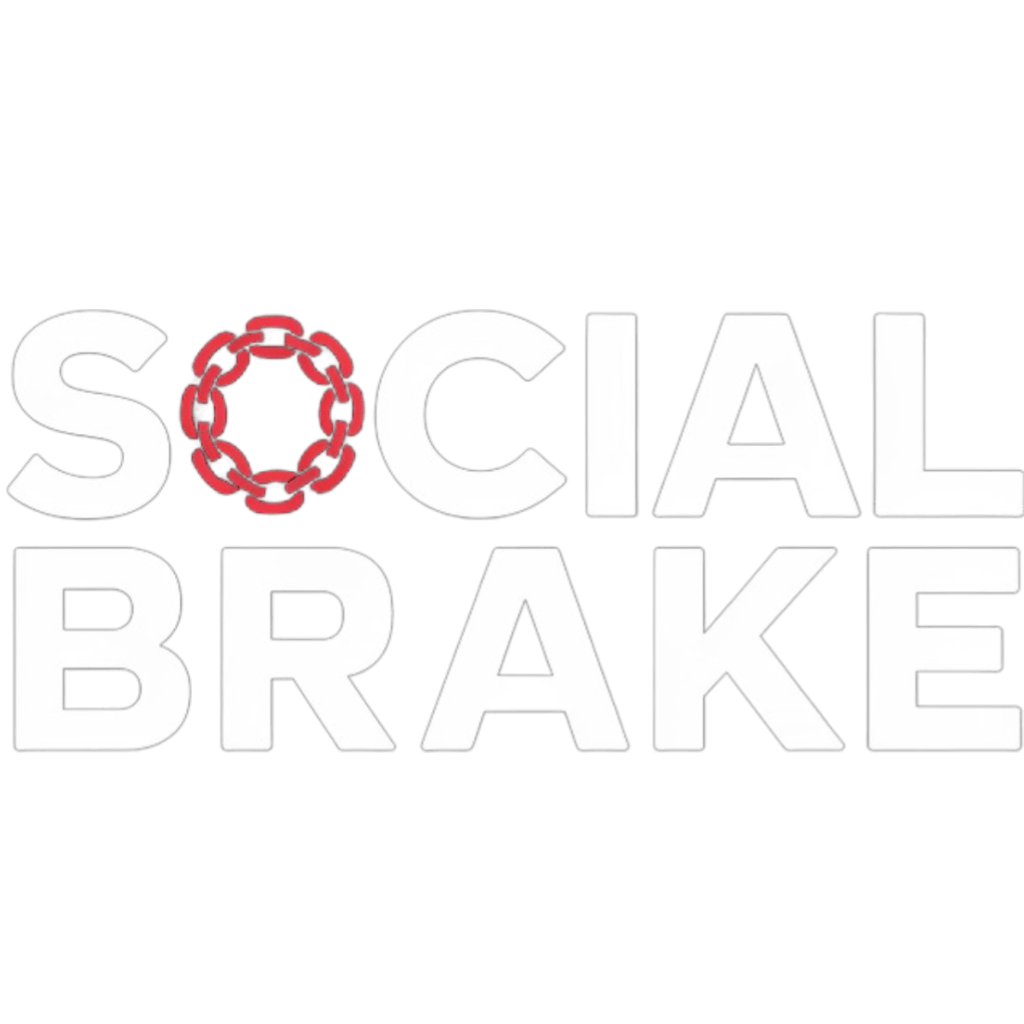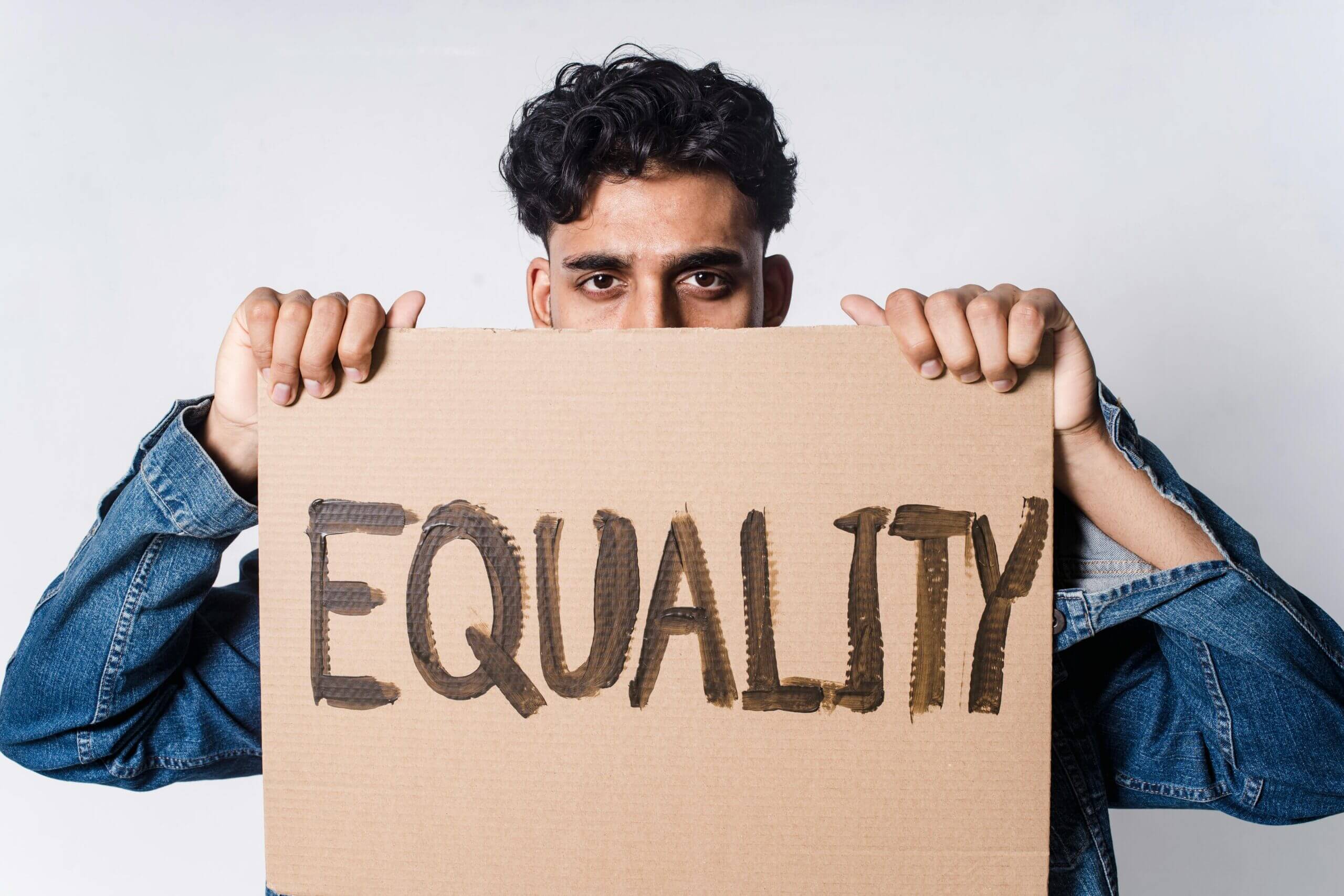HUMAN RIGHTS
Introduction
Human rights are the fundamental freedoms and protections every individual is entitled to simply by being human. These rights serve as the foundation of justice, equality, and human dignity. From the right to free speech to protection from discrimination, human rights ensure that everyone can live with freedom and fairness. However, despite being established in international law, many people worldwide still experience violations of these fundamental rights.
This blog explores the meaning of human rights, their history, key principles, and their ongoing importance today.
What Are Human Rights?
Human rights are universal, inalienable, and indivisible. This means they apply to all people, cannot be taken away, and are interconnected—each right is equally important.
Key Human Rights Include:
-
- Right to Life and Liberty
-
- Freedom of Speech and Expression
-
- Right to Education
-
- Freedom from Torture and Inhuman Treatment
-
- Right to Equality and Non-Discrimination
-
- Right to Work and Fair Wages
International documents like the Universal Declaration of Human Rights (UDHR), adopted by the United Nations in 1948, protect these rights.
The History of Human Rights
Human rights have developed over centuries, shaped by historical struggles for freedom and justice.
Key Milestones:
-
- Ancient Foundations: Early concepts of rights appeared in the Code of Hammurabi, the Magna Carta (1215), and ancient religious teachings promoting justice and compassion.
-
- The Enlightenment Era: Thinkers like John Locke and Jean-Jacques Rousseau emphasized individual freedom and natural rights, shaping modern rights ideologies.
-
- Post-World War II: The atrocities of World War II led to the creation of the UDHR, setting a global standard for human rights protection.
Human Rights Issues Today
Despite global progress, many challenges remain.
Discrimination and Inequality
Discrimination based on race, gender, religion, or sexual orientation continues to violate human rights worldwide.
Example: Women in some countries still lack equal access to education, jobs, and political representation.
Freedom of Speech and Censorship
In many regions, journalists, activists, and citizens face persecution for expressing their opinions.
Example: Authoritarian regimes use internet censorship and restrictions on free speech to suppress dissent.
Refugee Crisis and Forced Migration
Wars, political instability, and climate change have displaced millions, leaving them vulnerable to inhumane treatment and the denial of basic rights.
Child Labor and Exploitation
Millions of children worldwide are deprived of education and forced into dangerous working conditions.
Why Human Rights Matter
Human rights are the foundation of freedom, justice, and peace. When protected, societies thrive—allowing people to live with dignity, freedom, and security. Violating these rights leads to oppression, conflict, and suffering.
Protecting Human Rights Promotes:
-
- Social Equality
-
- Economic Development
-
- Peace and Stability
-
- Cultural and Individual Flourishing
How Can We Protect and Promote Human Rights?
Education and Awareness
Understanding human rights is the first step to protecting them. Raising awareness in communities fosters change.
Advocacy and Activism
Supporting organizations that work to protect human rights and advocating for policy changes can make a difference.
Stand Against Injustice
Speaking out against discrimination, violence, and unfair treatment can contribute to a more just society.
Volunteer and Donate
Helping those affected by human rights violations through volunteer work and donations can create a lasting impact.
Conclusion
Human rights are universal, but protecting them requires collective effort. Each of us has a role to play in ensuring dignity, equality, and freedom are rights enjoyed by all.
The fight for human rights is far from over. However, together, we can make a difference—one voice, one action at a time.



